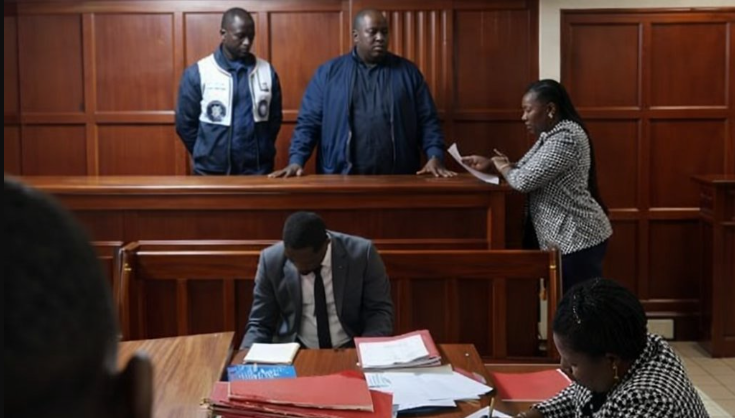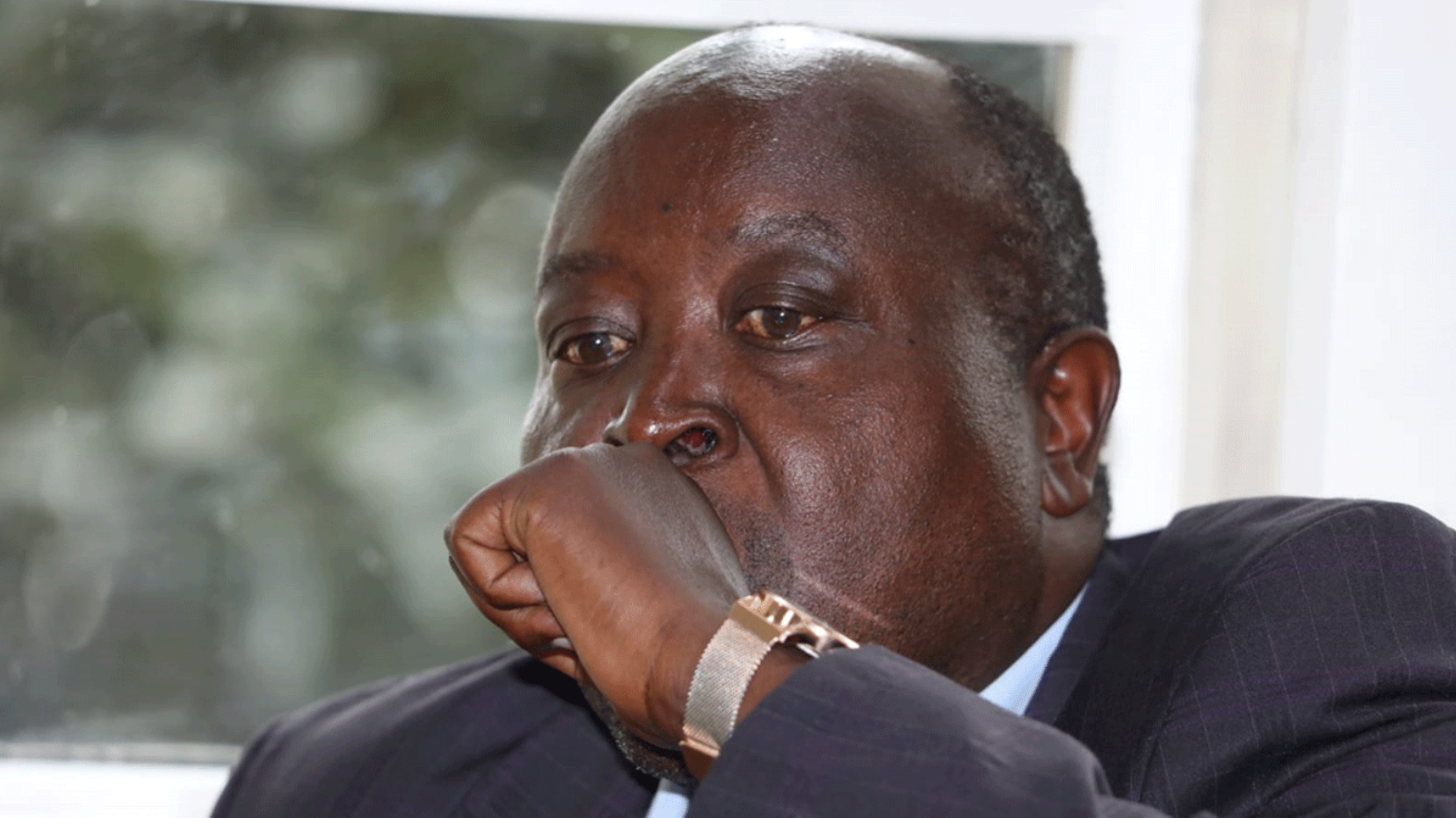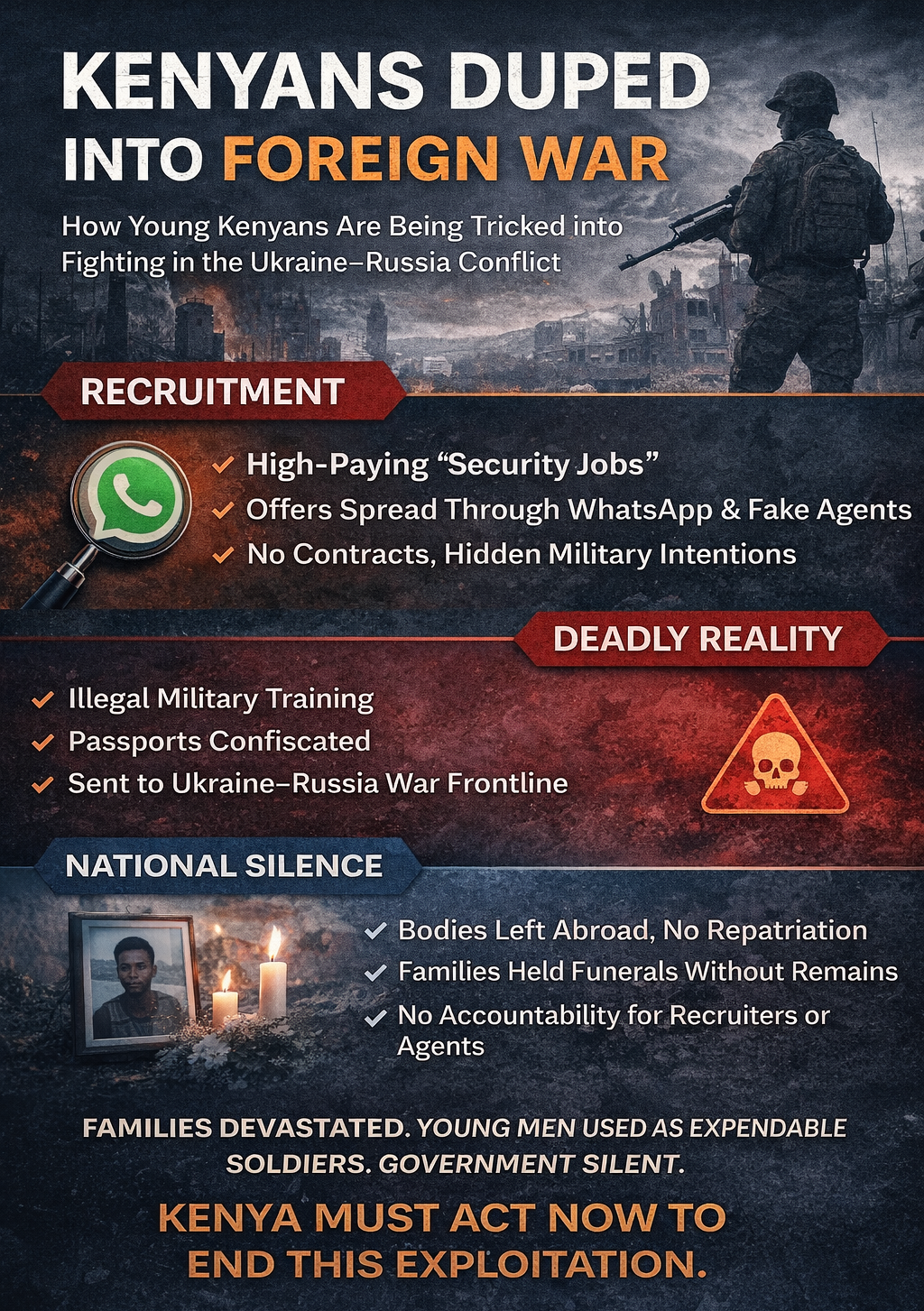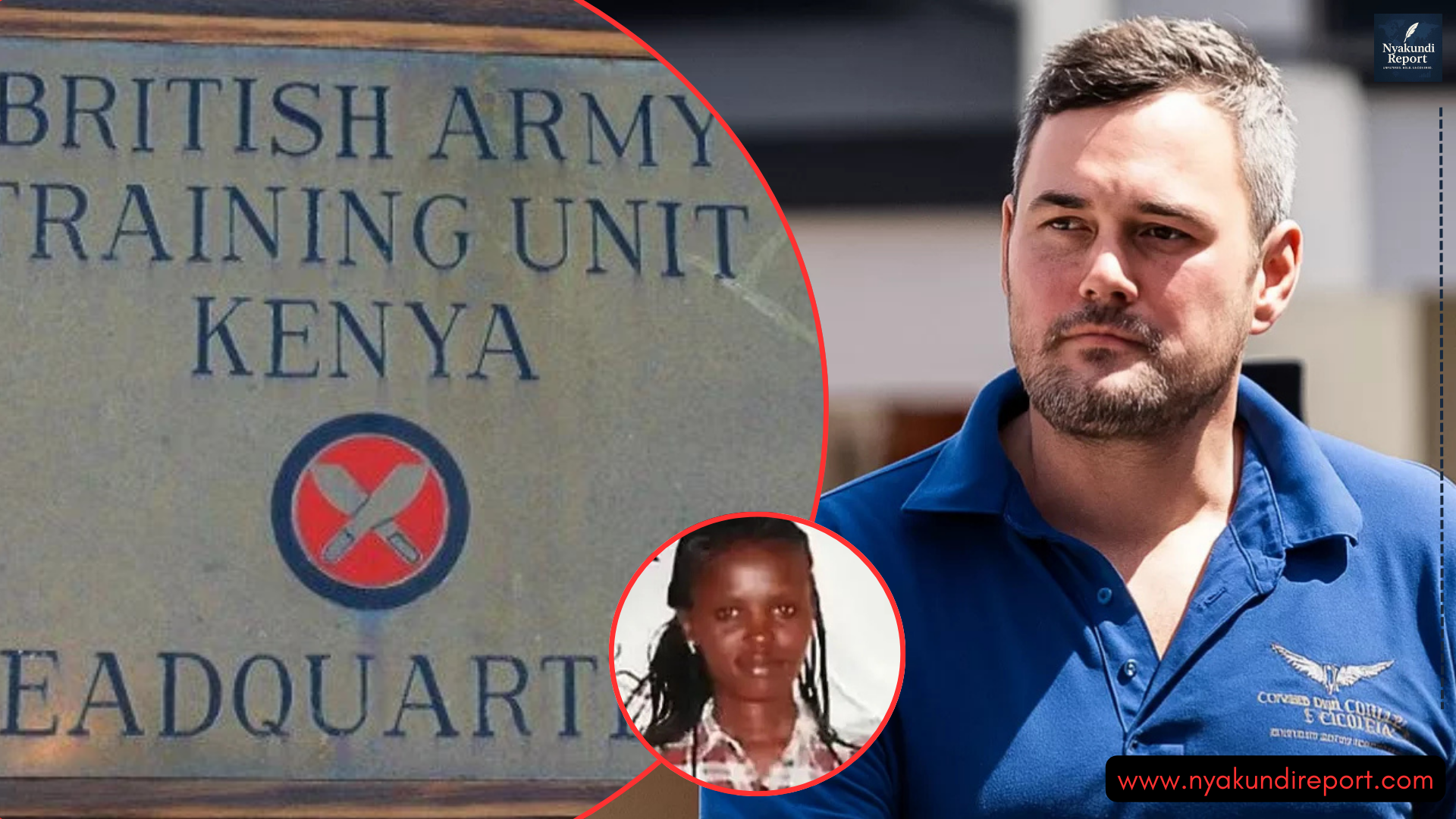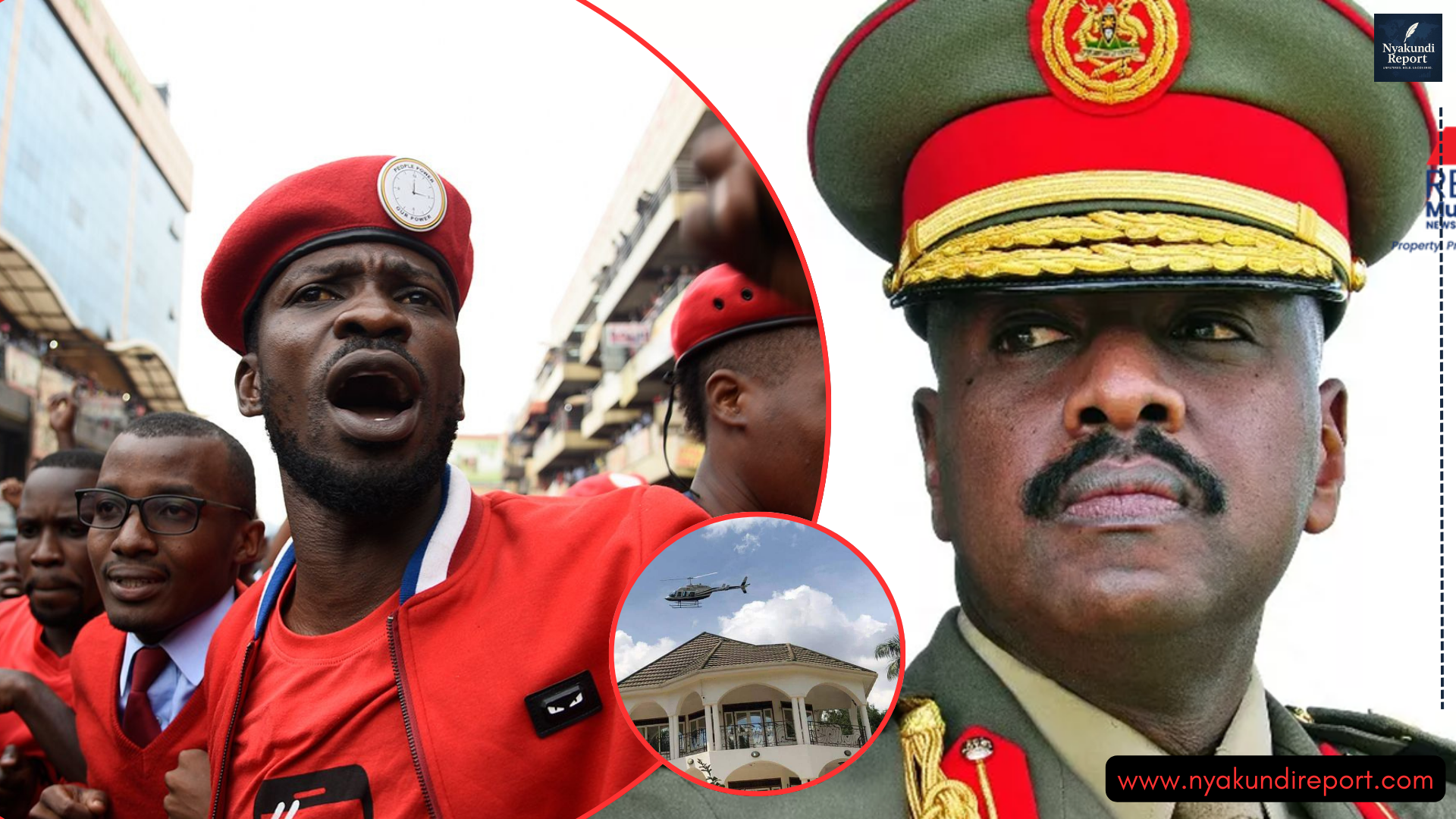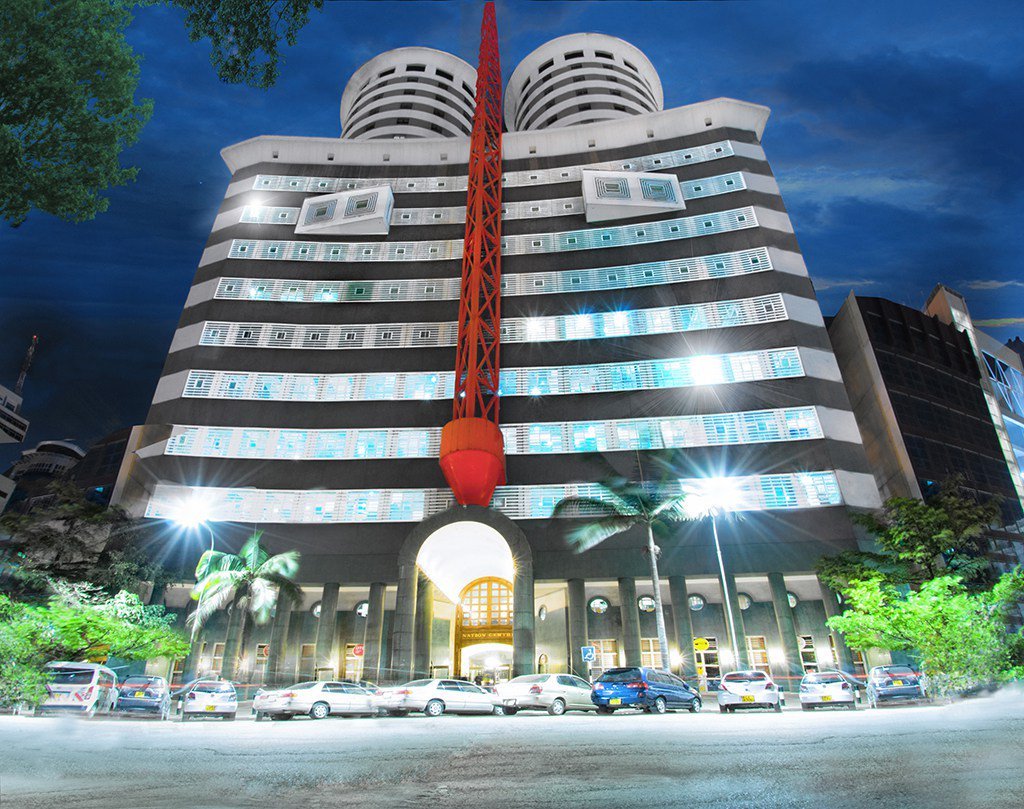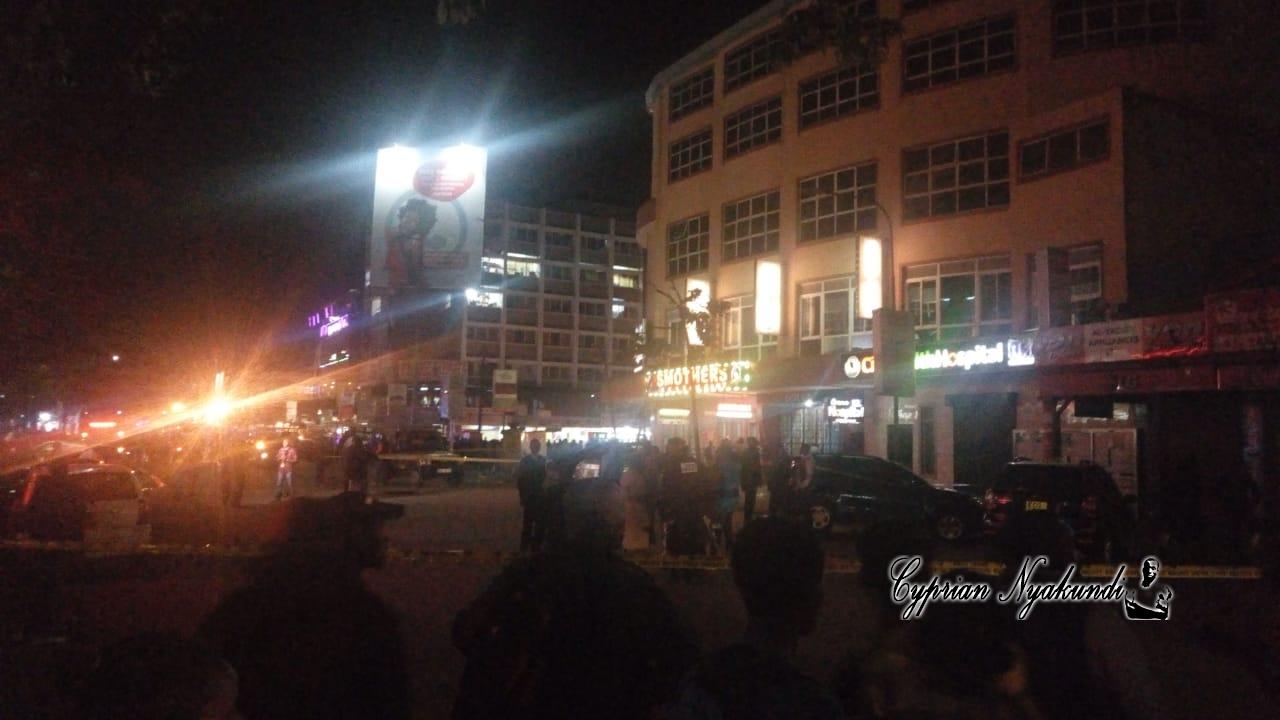The recent Saba Saba Day protests took a disturbing turn in Kitengela, where armed goons allegedly invaded Kitengela Sub-County Hospital during a life-saving caesarean section surgery.
What began as a peaceful demonstration quickly degenerated into chaos, with doctors now demanding action and protection.
The shocking breach inside a hospital operating theatre has triggered national outrage within the medical community.
Medical professionals have now issued a strong warning to the government: respect health institutions or risk collapsing the country’s fragile healthcare system.

Kitengela Hospital Invasion Raises Alarm Over Medical Safety
Doctors across Kenya have strongly condemned the invasion of Kitengela Hospital on July 7, calling it a direct attack on the sanctity of healthcare.
According to the Kenya Obstetrical and Gynaecological Society (KOGS), the incident occurred while a woman was undergoing a caesarean section. The operation was reportedly disrupted by unidentified goons who stormed into the hospital amid protest-related violence.
In a hard-hitting statement, KOGS said, “Of particular concern is the terrifying disruption of the hospital’s operating theatre while a mother was undergoing a cesarean section—a moment that should be safeguarded by the highest standard of medical protection and dignity.”
This was not just an invasion of a building. It was an invasion of a sacred space where life is brought into the world—and where safety must be absolute.
KOGS further demanded that the government and National Police Service immediately act to protect hospitals, patients, and staff from political unrest and lawlessness. “Healthcare providers are not political actors; they are guardians of life,” the society stressed.
Protest Violence Spills Into Health Facilities
Kitengela was among the hardest hit areas during the Saba Saba protests, with protesters clashing with police throughout the day. Roads were blocked, bonfires lit, and businesses vandalized. But the invasion of a hospital marked a new and dangerous escalation.
The Kenya National Commission on Human Rights confirmed at least 10 people dead and 29 injured in the countrywide protests, with a significant portion of those casualties from Kitengela. Emergency services were overwhelmed, and ambulances struggled to reach the wounded.
While chaos in the streets is sadly familiar, the breach into a hospital operating theatre during an active surgery stunned the nation. It exposed how vulnerable even the most critical institutions have become in the face of unrest.
Doctors are now warning that such violations will erode confidence in Kenya’s healthcare system, especially in emergency settings. If surgical teams and mothers giving birth are not safe, what hope is left?
Roadblocks, Curfews, and Delays Put Lives at Risk
Beyond the shocking hospital breach, doctors also pointed to another growing threat—the heavy police response that often comes with protests.
The use of roadblocks and curfews during the Saba Saba protests made it nearly impossible for many Kenyans, including pregnant women and critically ill patients, to access hospitals in time.
KOGS warned that these restrictions, though intended to restore order, end up endangering more lives. Patients get trapped, ambulances are delayed, and doctors are forced to work under pressure without reinforcements.
The Kenya National Union of Medical Laboratory Officers (KNUMLO) also joined the outcry, saying that frontline medical workers face growing risks with no structured protection in place.
“The government must urgently develop and implement safety mechanisms to protect health workers during unrest,” KNUMLO said in their statement.
Both organizations emphasized that hospitals should never become battlegrounds—and that violence, no matter the cause, must never cross the threshold of healthcare institutions.

